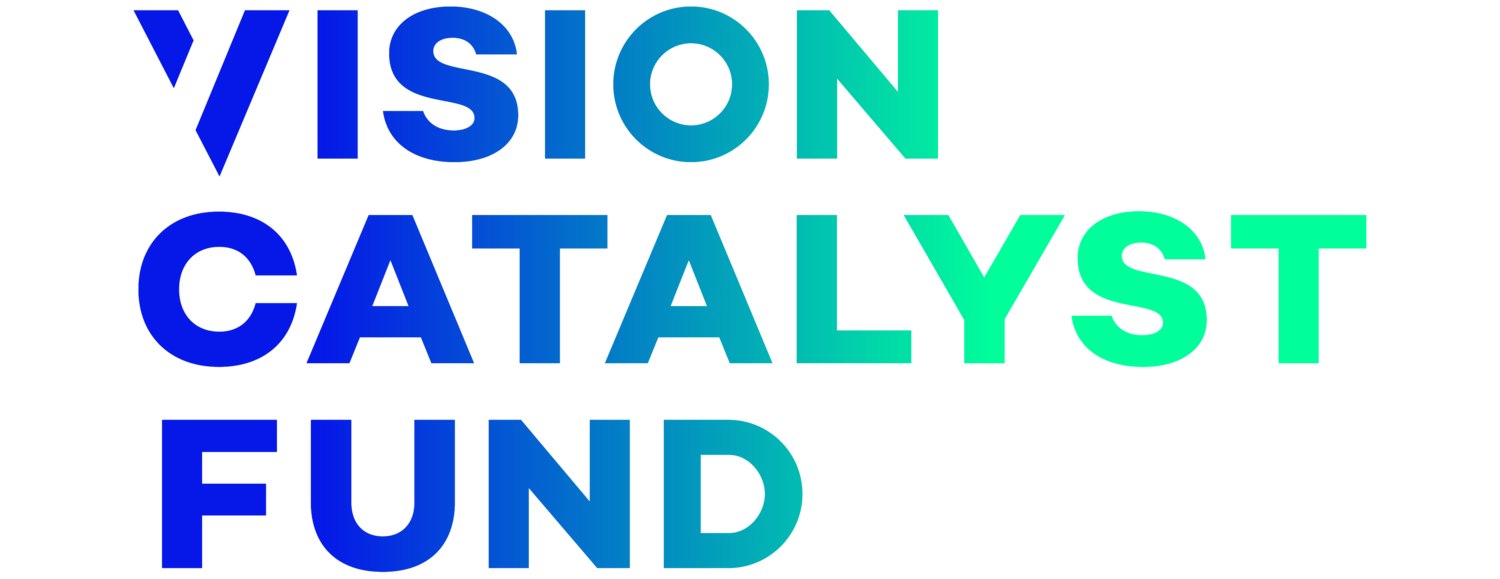Eye Health Accelerator Grant: CHAI & VULA Mobile
By Tucker Bbosa, Programme Manager at Clinton Health Access Initiative and Dr William Mapham, Chief Executive of Vula Mobile
The Clinton Health Access Initiative (CHAI) in collaboration with Vula Mobile Health Care (Vula) is excited to partner with the South African government to improve primary eye health services. This partnership is the result of the Vision Catalyst Fund’s Eye Health Accelerator Grant which will energize our combined efforts to scale the most effective ways for delivering eye health services within public health systems.
In South Africa, vision loss is the most common form of disability. Uncorrected refractive error and cataracts are leading causes and affect an estimated 8 million people. Over 80 percent of the population lacks health insurance coverage, relying heavily on the public sector for accessing essential eye care services. Although efforts have been made to integrate comprehensive eye care services into the public health sector, disparities persist across provinces and healthcare levels, leaving a quarter of South Africans with limited or no access to essential eye care services.
Through innovative approaches, lower-level healthcare workers in primary health facilities will now be trained to conduct basic vision screening using mobile-based tools a platform like those provided by Vula. Vula is a mobile-based and online platform by which health workers communicate with each other to get medical advice, make referrals, and coordinate appointments, with access to over 75 different medical and surgical specialties. In this partnership, rural healthcare workers in two provinces with large rural populations - Kwa-Zulu Natal and Limpopo - will use Vula for vision screening and connect patients to specialist eye care services, including optometry and ophthalmology.
This task-shifting approach aims to broaden service coverage, particularly in rural settings where staff shortages have hindered access. For example, if a patient has an eye condition that is related to diabetes, an assessment is done and a message sent to family medicine, internal medicine, or endocrinology services on Vula. Or if a patient has an eye condition that is related to an infectious disease like HIV or TB then a referral can be made to the nearest treatment center. This not only ensures a smooth pathway for specialized care, but also tracks and monitors referral progress, fostering communication between primary health care facilities and eye health specialists, increases access to specialist-guided eye care, and ultimately, improves patient treatment.
To ensure that the people who require eyeglasses have access, the program will leverage reading glasses and lenses donated through an existing collaborative partnership with Vision Catalyst Fund and OneSight EssilorLuxottica Foundation. This will enable the government to provide a full eye care service package to the uninsured population. By integrating eye care services into the health system, every health worker in all of the 75 specialties using Vula have the Vula Vision test on their phones and can get advice from eye specialists to make sure that their patients get the best possible care without having to visit multiple clinics.
Patient tries on new glasses at Themba Regional Hospital in Mpumalanga Province. Photo courtesy of Clinton Health Access Initiative South Africa.

